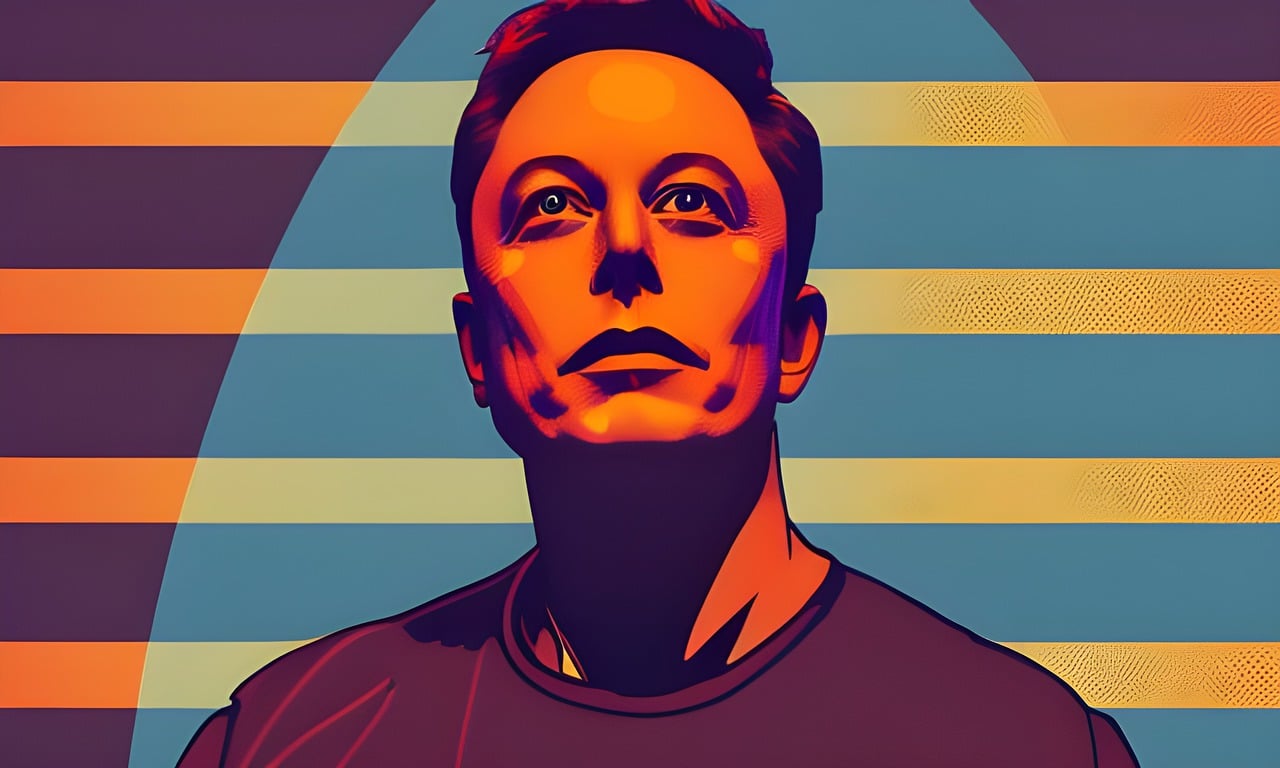| DEALFLOWUPDATE Issue #62. Friday, August 14 |
| Hello Everyone, For this edition of the Zoic newsletter, we will be reviewing several deals that are in our interest areas, as well as some that may not be direct interests but can be part of the way we look at comprehensive IP portfolios. The areas of interest include breakthrough technologies for mental conditions, molecular diagnostics, genetic information, orthopedics, and chronic disease management.-Neal If this is your first issue, please subscribe and consider sharing with others. Additionally, we welcome news from our readers, if you’re up to something interesting, let us know. Email chad@zoiccapital.com |
Podcast Tactical Personal Branding Guest Calvin Hamilton Joining the Market Meditations podcast is Calvin Hamilton, co-founder of Notus. Calvin Hamilton is a Japanese whiskey advocate but is also co-founder of a boutique brand strategy and marketing firm called Notus. Notus helps purpose-driven companies leverage personal branding at the executive level to build consumer trust, create stakeholder/employee alignment, and take control of their reputations online. Notus achieves this by getting a deep understanding of their clients’ core purpose, then crafting a narrative that communicates that purpose through an array of calculated brand positioning and content marketing efforts. Prior to co-founding Notus, Calvin was hired by Gary Vaynerchuk to work on his team at VaynerMedia. There, he worked with Fortune 500 companies (Apple, JPMorgan Chase, PepsiCo, and Johnson & Johnson) on their social media strategies while collaboratively managing content distribution and strategy for Gary’s personal brand. Calvin also helped create the “GaryVee Content Model,” which has garnered well over 500,000 views on LinkedIn alone. Neal and Calvin talk about tactical personal branding and ways to build trust with clients. When done correctly, if not an extreme example, you can refer to the following that Elon Musk has amassed. Due to his powerful brand strategy, Elon has created a fanbase that comes off as more of an “obsession” with Elon to both Neal and Calvin. Calvin concludes that people “blindly trust” Tesla thanks to the artificial relationship built through Elon’s social media. “The hype about an individual is significantly easier to garner in this day and age than it is around a company”. Calvin has a strong distaste for the Tesla Cyber Truck yet the “Musk fanboys” love it. Calvin brings up a handful of notable people who also serve as examples of creating powerful personal brands such as Steve Jobs and Gary Vaynerchuk. “When you succeed, you can yield an incredible amount of influence over your fan base” that Calvin feels is “jarring”. Calvin specializes in starting and growing influential personal brands, positioning clients as thought-leaders in their industries. Calvin shares his experiences and what worked for his clients across a broad spectrum of industries. Calvin relates the point of gaining momentum successfully with brand positioning and content marketing efforts as “snowballing” as it takes a handful of people to talk about the content that is posted to increase followers on social media. Neal asks Calvin about how this process differs between a well known large company and a new company. Calvin dives into the intricacies of creating an ecosystem for his clients and their followers to the extent where a “friendship” is created without actually meeting in person across these different scenarios. Calvin states that it is this strong “relationship” that can be fostered with followers and creates influence which is the power behind online content. Listen in on: Apple Podcasts, Spotify, or Soundcloud. Deal Flow News & Insights  Treating Depression, Molecular Diagnostics and Diabetes Systems Another device has been recently approved as a breakthrough device for treating depression. The device is non-invasive and can be an alternative to pharmaceuticals, or even address some major depression cases that do not respond to such treatment. This actually covers two trends that we have noted; breakthrough device designation and non-invasive directed energy platforms for mental conditions. The FDA is proving to be a partner in encouraging major innovations through an accelerated approval process where there is a clear need, such as in this case. This also shows how medical devices can address, or supersede, current pharmaceutical indications. Read More A diagnostic company recently raised a Series A round due to its progress in a blood test for gastrointestinal conditions. This is another example of the trend of point-of-care diagnostic tests that use small sample volumes; in this case, a fingerprick amount of blood. Such a test is also a potential platform, as it can be used to test for a variety of inflammatory conditions and as a companion diagnostic to pharmaceutical treatment. Also, this type of device is typically regulated as a medical device by the FDA, which means shorter approval times once required clinical data is submitted. Read More In the field of molecular diagnostics, we do look for companies with a substantive hardware platform. We typically don’t invest in pure software as the IP is less defensible. A recent acquisition in the genomic data space might not have been a direct investment. However, the core technology here, that of a genomic data compression technology, is a substantial value add to a company that acquires genomic (or other diagnostic) data, as it can add to the protectability and business model of a novel hardware platform. We do look for these complementary technologies in our hands-on approach to IP in our portfolio companies. Read More In orthopedic news, Baxter has recently received FDA approval for a new bone graft material. Such material is great news, not just for patients and for the industry but also for innovation in the field. At least from what we have seen, orthopedics is a large field with not much major change in technology. Most startups in the orthopedic space have incremental technology that is of course beneficial but not often a major impact enough to fit our metrics. New material such as this new grafting technology could be a sign that this is changing, especially with biological/synthetic hybrids that can substantially improve on the existing standard of care. Read More Finally, a recent acquisition of a diabetes delivery system shows that there is still room in this particular field. Like orthopedics, much of the innovation we see for diabetes care is incremental; not a surprise in a commodity market. However, systems that can not only incorporate but analyze personalized data in large streams can be the path that this industry moves in order to substantially improve on the standard of care. Much like molecular diagnostics, the ultimate value in a company is the data it can gather for more effective diagnostics and therapies, not just in the devices it sells. Read More What We’re Reading PitchBook Teladoc to buy Livongo for $18.5B, highlighting demand for telehealth services NfX How VCs judge your startup (on Zoom): 15+ tactics behind successful fundraises Andrew Chen Building the initial team for seed stage startups First Round Capital The founder’s field guide for navigating this crisis — advice from recession-era leaders, investors and CEOs currently at the helm Connect With Zoic Capital |
| The Biweekly Dealflow Update, curated by the team at Zoic Capital. |

Blog
Treating Depression, Molecular Diagnostics and Diabetes Systems
© 2026 Zoic Capital.
Close Menu
Contact Us
113 Cherry St.
PMB 2981
Seattle, WA 98104-2205
E: hello [at] zoiccapital.com

